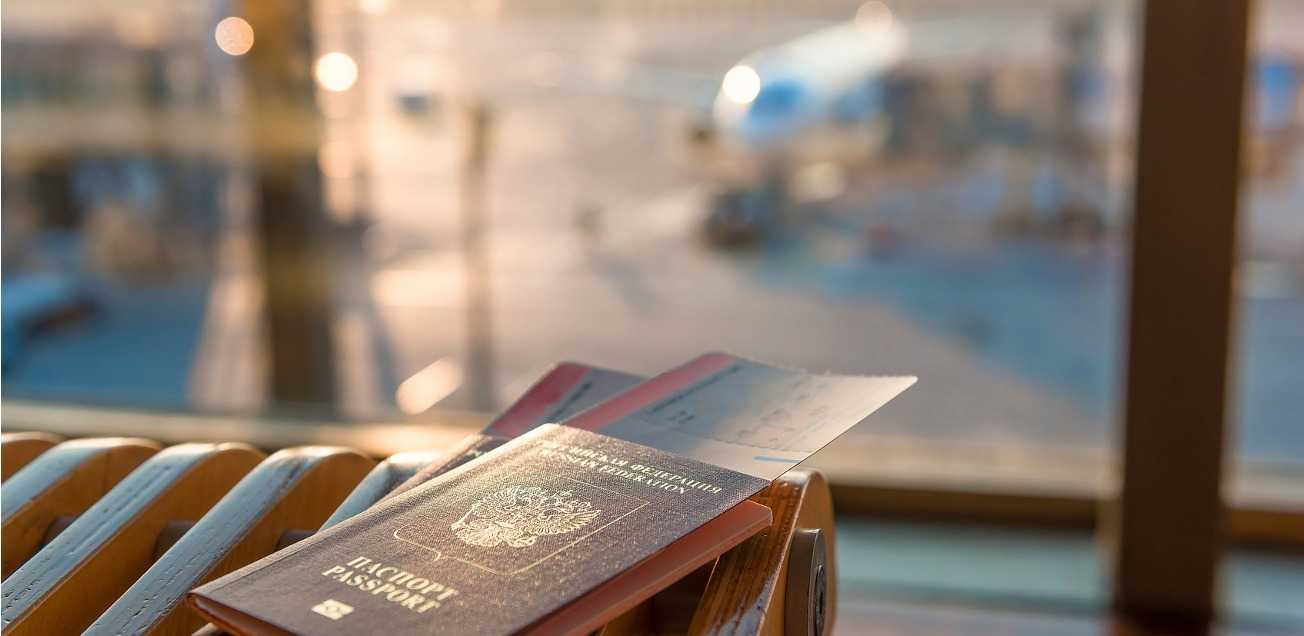Top 10 Tips for Getting Past Culture Shock
1. Take Your Time
When we move somewhere new, there can be a sense of urgency to be living like a local within a matter of weeks. Sadly, this isn’t how it works, don’t rush the process of settling in. Culture shock is an important part of moving abroad so don’t be afraid to live and learn without getting frustrated at the pace of the process.
2. Manage Your Expectations
You have moved to another country! This is a big step and it is okay to take things a little slower, whether that be in your personal or professional life. Don’t feel like you have to be the top performing colleague in your new team straight away, ensure you have manageable expectations for yourself.
3. Don’t Compare Yourself to Others
While social media is a great tool as an expat to share your journey and new life with friends and family, it can be damaging when you see other people enjoying their lives seemingly with no challenges or struggles. Firstly, remember that their social media image is not real, and they are only showing you what they want to present to the world. Secondly, everyone’s journey is different! Comparing your culture shock after moving to Dubai to someone who has moved to Oslo is impossible because the two cities are vastly different (and that’s a good thing)!

4. Keep an Open Mind
Whatever the reason you moved abroad, remember that it won’t be like your home country. From greetings to bank accounts to recycling, everyday things will be different. It may seem frustrating at first that things are done differently but it will get better, and you may even find the things that seem tricky at first actually are much more efficient than in your home country.
5. Don’t Isolate Yourself
During the past year, it has been very difficult to grow your social circle. However, when you first move abroad, it can be tempting to isolate yourself or only socialize with people of the same nationality or background as yourself. It’s great to have these friends, but in the long term, this will only deepen your culture shock. You have to push yourself to get out there and make friends with locals, with older people, younger people, make the most of where you are, and you will be surprised at the amazing people you can meet!

6. Do Something Every Day Which Scares You
You’ve heard it before, but this is a great way to settle in, discover new places, and meet new people, all of which will make you feel more at home. Start small, by asking directions in the local language or ordering a traditional dish from an independent restaurant. It will make a big difference when you look back on all the things you have tried!
7. Keep the Big Picture in Mind
At first, each day may go slowly or you may feel you are not making any progress. But if you can focus on the big picture and think about where you will be in a few months, it can help you to realize just how far you have come and the many exciting experiences still ahead of you! Concentrate on this, rather than small daily inconveniences, and the culture shock will subside.
8. Spend Some Time Alone
It is important to make friends, but it also is important to enjoy your own company. There is no denying expat life can be lonely, so if you can be comfortable on your own from time to time, it will help you to settle in quickly because you won’t be afraid to do things on your own!

9. Routine
This is arguably the most valuable tip of reducing culture shock! Routines will make time go faster and help you get used to new systems in a host country. Before you know it, you will have mastered your commute, how the grocery stores work, how to pay your bills, etc., simply by making it part of your daily/weekly routine!
10. Stay in Touch with People at Home (But Not Too Much)
The danger with culture shock is it can feel like it will never go away. This makes us reach out to what makes us feel more at home, which is often the friends and family in our native country. They are a great source of comfort and, of course, it is important to rely on them for emotional support during challenging times. However, feeling homesick because you are calling your best friend from back home every day and feeling left out of family plans is not helping anyone. Schedule calls, keep loved ones up to date on what’s going on, and plan visits (if possible) to ensure you maintain those relationships, but don’t overdo it!
Culture shock is a challenging aspect of every expats journey, with these tips you can lessen the impact of it but don’t become frustrated at yourself for feeling this way. It is perfectly normal. Embrace the shock and smile at the differences between cultures and countries. This is why expats live the way they do, to experience new places and learn from different cultures!
Advertisement
About Alannah Harris
Originally from Ireland, Alannah has enjoyed an expat upbringing. As part of her studies of economics and German at Cardiff University, she worked as a social media intern at InterNations.
Article topics
Related articles
Three Times I Wanted to Move Back Home
Many expats experience the inevitable culture shock and going back home seems like the only plausible solution. But when language barriers, cultural differences, and isolation put a damper on your expat life, being more social, adventurous, and open to new things can cure the homesickness.
Summer Celebrations around the World
From plentiful feasts to a dazzling display of thousands of fireworks, summer celebrations are anything but dull. Here’s some of the most remarkable events taking place worldwide in the coming months.
Something Old, New, Borrowed and Blue: Weddings around the World
Whether you’re tying the knot abroad or your spouse-to-be has a different cultural background, an expat wedding means that you need to redefine your version of ‘traditional’. Whether it’s the dress or the ceremony itself, a wedding ceremony can bring cultural differences straight to the surface.
Conquering Your Culture Shock — The Key to Success
Many people have heard of the term culture shock and most expats have probably experienced a certain degree of it themselves. For some, moving to a new country is a scary prospect and can affect both your mental and physical wellbeing. We have some tips on how to make the process a little easier.
What Moving Abroad Teaches Expats about Their Own Culture
You’ve read up on your new country, you know as much as you can about the culture, values, and expectations; but what about your own? Believe it or not, the people who you meet abroad will be just as interested in learning about your culture and background as you are in theirs.




